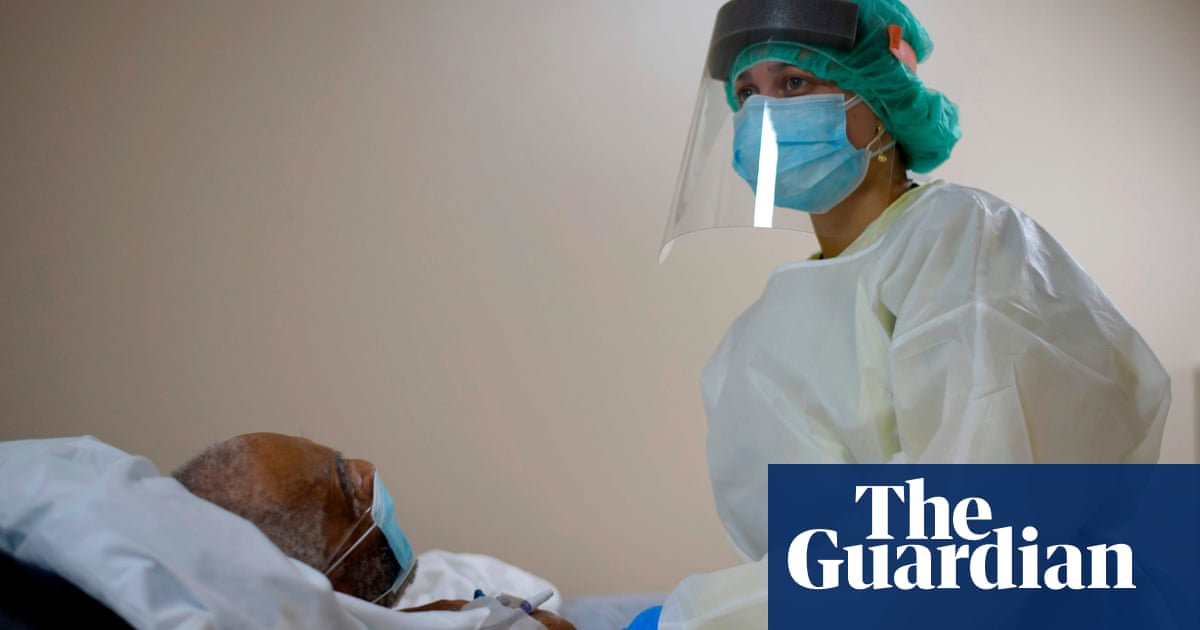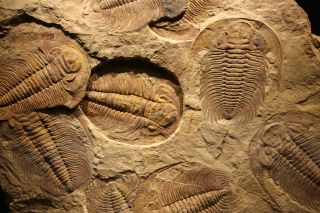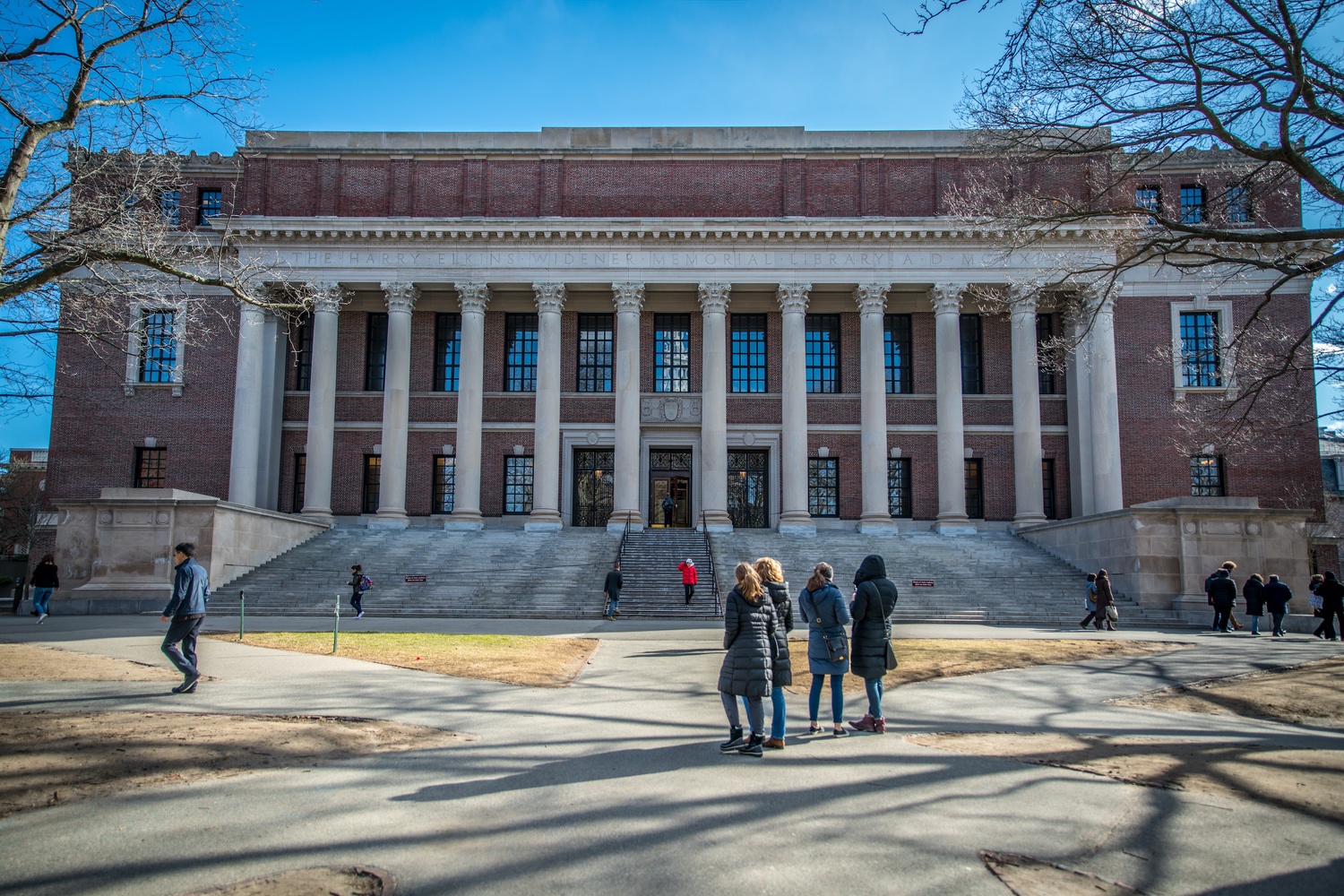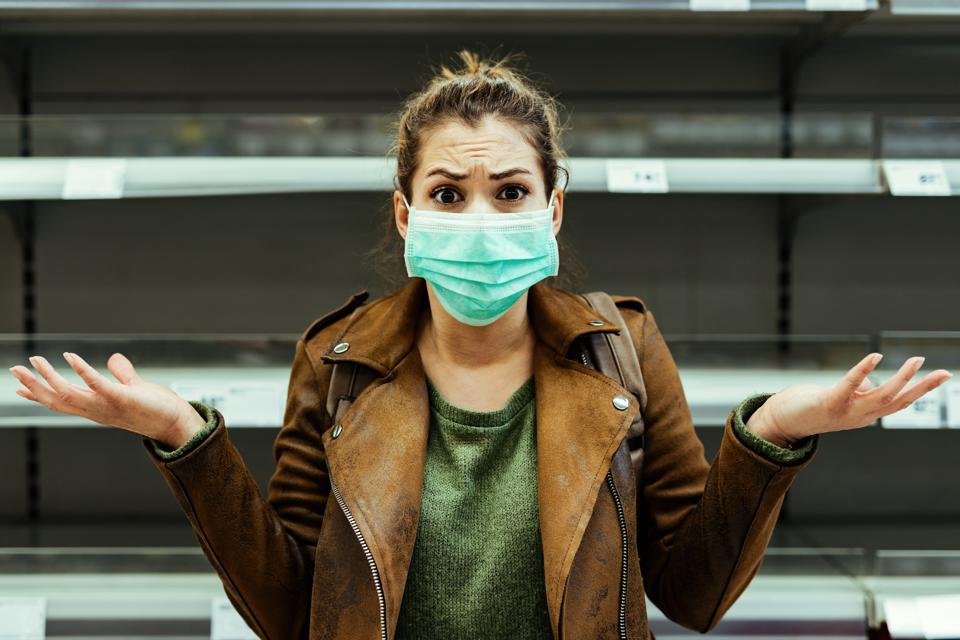Nearly one in five people who have had Covid-19 are diagnosed with a psychiatric disorder such as anxiety, depression or insomnia within three months of testing positive for the virus, according to a study that suggests action is needed to mitigate the mental health toll of the pandemic.
The analysis – conducted by researchers from the University of Oxford and NIHR Oxford Health Biomedical Research Centre – also found that people with a pre-existing mental health diagnosis were 65% more likely to be diagnosed with Covid-19 than those without, even accounting for known risk factors such as age, sex, race, and underlying physical conditions.
“This finding was unexpected and needs investigation. In the meantime, having a psychiatric disorder should be added to the list of risk factors for Covid-19,” said Dr Max Taquet, an NIHR academic clinical fellow and one of the authors of the analysis. The calculations were made on the basis of roughly 70m US health records, including more than 62,000 cases of Covid-19 that did not require a hospital stay or an emergency department visit. The incidence of any diagnosis of mental ill-health in the 14 to 90 days after a Covid-19 diagnosis was 18.1%, including […]


Add a comment






